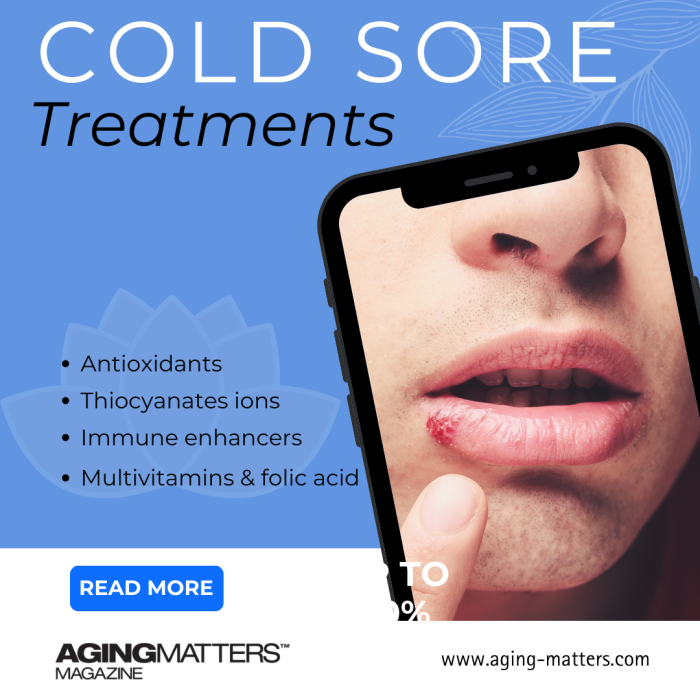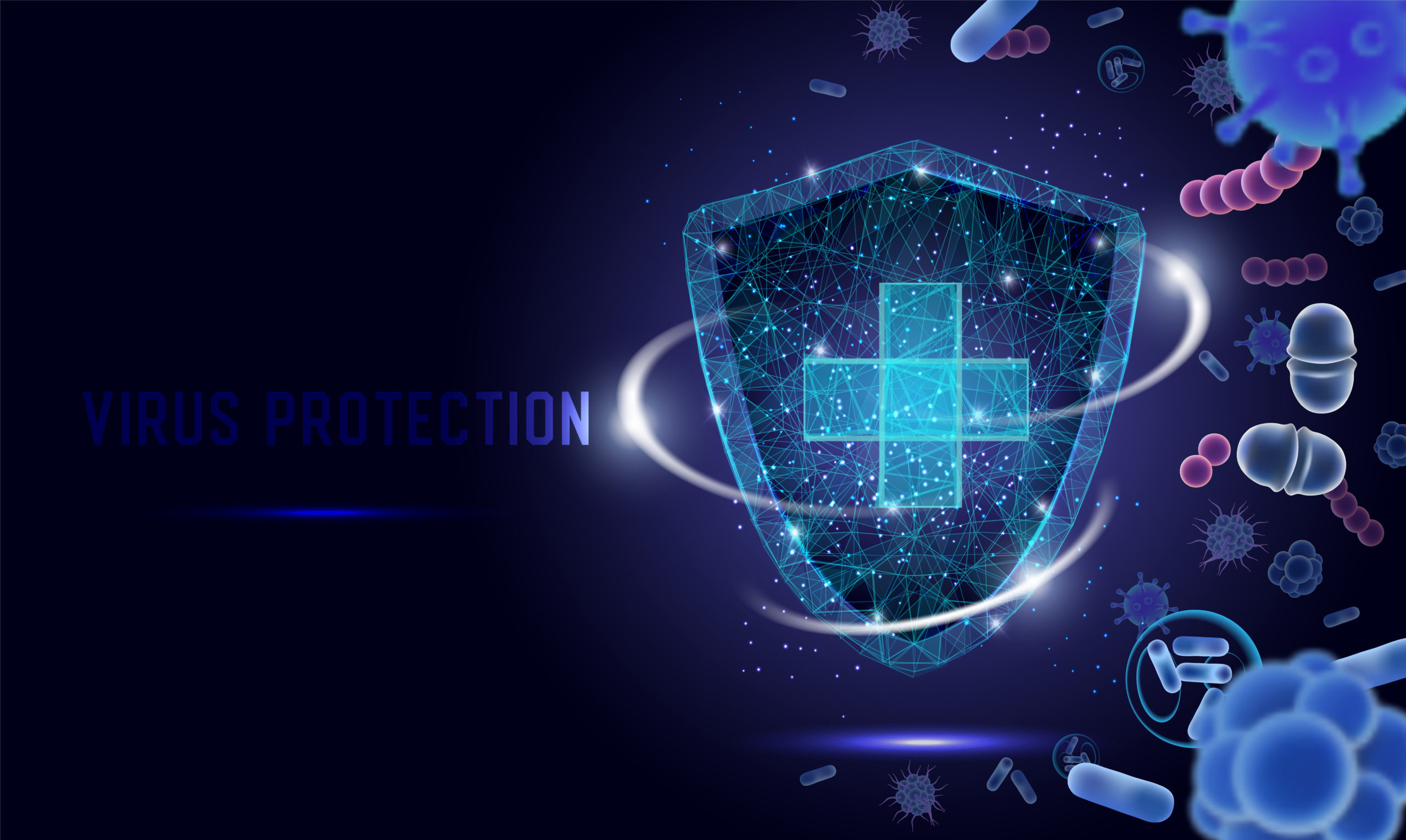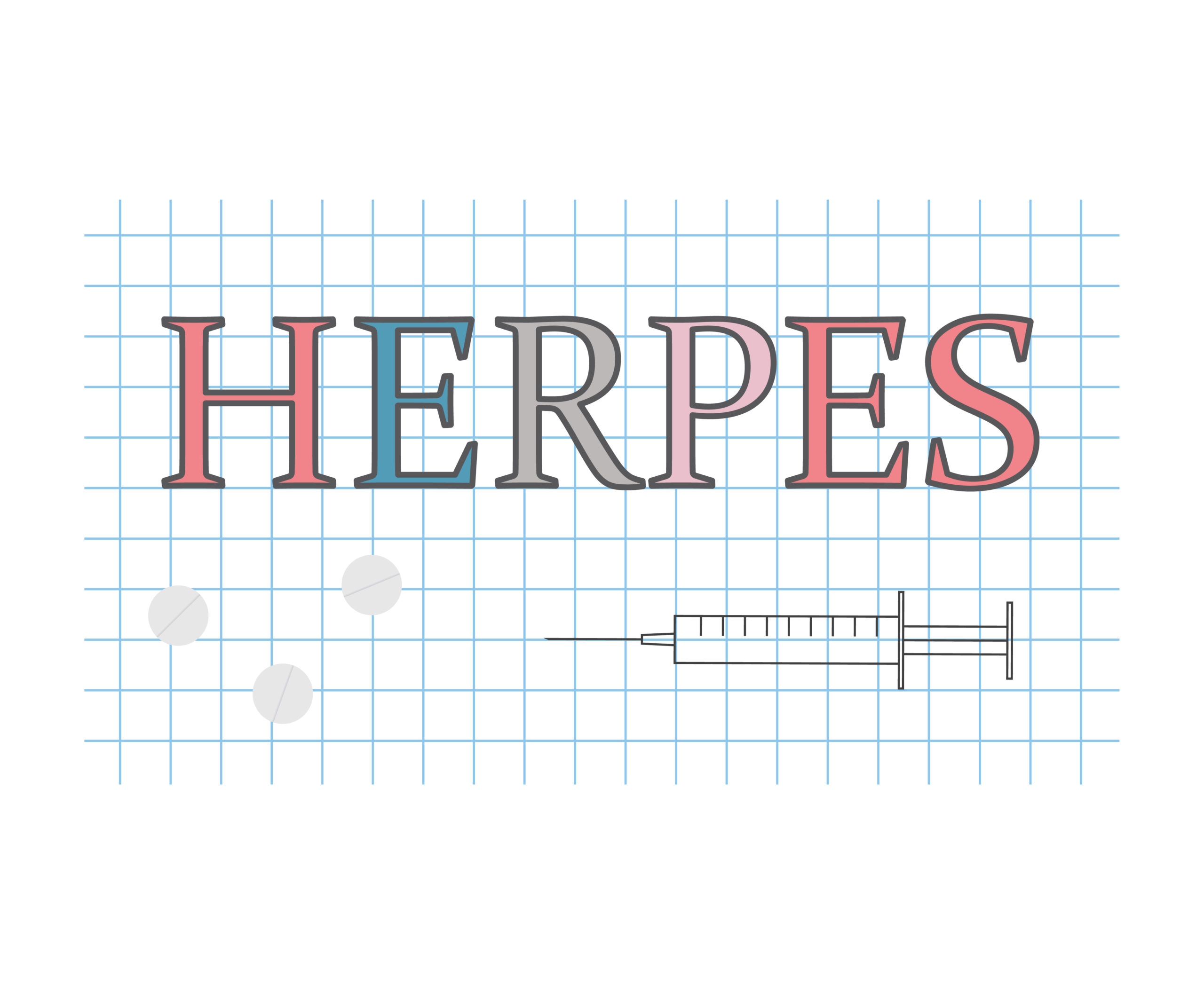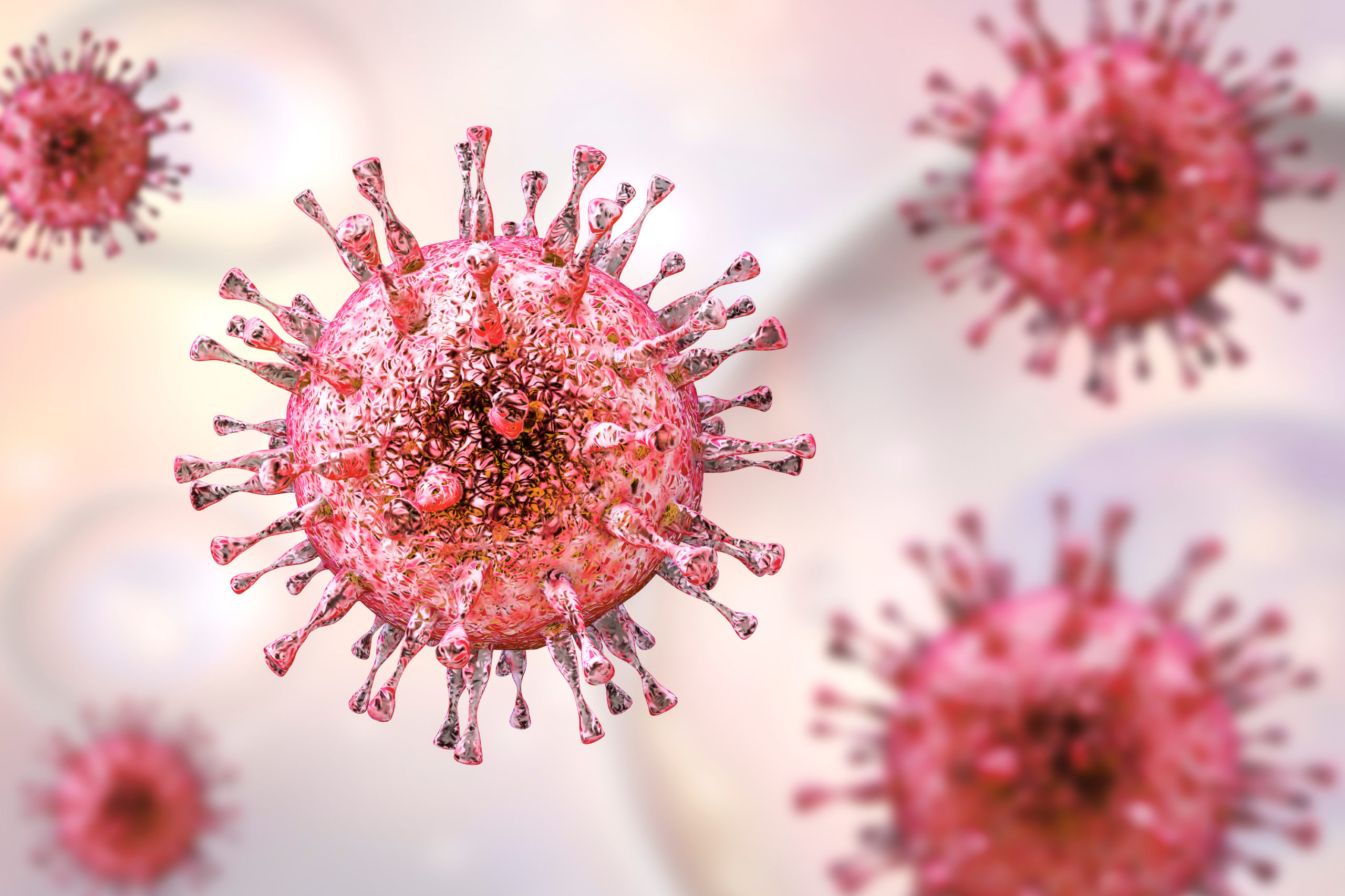
Cold Sores; Treatments for the Bane of Winter!
January 7th, 2024
As the winter weather arrives many of us experience the problem of cracked lips, along with the recurring concern of cold sores. But what leads to these unwelcome outbreaks during the colder months, and how can we fortify our skin – and our immune systems – against them?
Understanding Cold Sores
Cold sores, known as fever blisters, are caused by the herpes simplex virus. Once you’re infected with HSV, there’s no cure; it remains in your body for life. Manifesting as blisters around the mouth, these sores arise unexpectedly, and while they typically heal within a couple of weeks, the virus retreats into the body, lying dormant until the next trigger awakens it.
Cold sores are spread through skin-to-skin contact, such as kissing or sharing personal items including towels or lip balm. To avoid getting infected, always practice good hygiene and avoid intimate contact with others who have visible cold sores.
Why the Winter Flare-Ups?
During winter, several factors come together to create the perfect environment for cold sores to occur. Firstly, exposure to harsh winds and extreme temperatures can cause chapping and cracks in lips, providing an entry point for the virus. Our immune system can also take a hit during the colder months due to stress, fatigue, and fighting off seasonal viruses.
Our Skin Is the First Line of Defense
The phrase ‘an ounce of prevention is worth a pound of cure’ rings especially true for cold sores. Applying moisturizers to the lips and the skin around them can strengthen the skin’s barrier. Even if you have had an infection of HSV, protecting your skin can be beneficial in averting outbreaks. Using SPF (sun protection factor) is also a strategy to guard against sores. Sun exposure has the potential to trigger flare-ups so using lip balm, with SPF, can help minimize the likelihood of experiencing a new cold sore.
How Antioxidants Can Help
Antioxidants play a role in enhancing your system’s defense against HSV. These protective substances aid in fighting oxidative stress and have the ability to prevent the replication of the cold-sore virus.
Here are some notable antioxidants:
- ViralPro™: An antioxidant supplement combining BHT (butylated hydroxytoluene) with a mixture of four fungal mushrooms to enhance the immune system’s strength.
- ACF228™: This complete antioxidant formula uses free radicals to support your immune system, as well as multivitamins and folic acid.
- BHTPro™: BHT damages a virus’s cells, preventing them from reproducing. BHTPro contains active butylated hydroxytoluene to help maintain proper immune function.
- 1st Line®: A unique formula designed to destroy infections and viruses safely. It’s a new way to fortify your immune system and is an alternative to traditional antibiotics.
But remember, you should always seek medical advice if you or a loved one have any health concerns.
Boost Your Immune System
While completely eradicating the herpes virus is not yet possible, antioxidants can help. Incorporating such supplements, alongside diligent skincare and healthy living, can reduce the risk of cold sore outbreaks. With these steps, you can enjoy a winter free of cold sore concerns and focus on the holiday season – outbreak-free.








